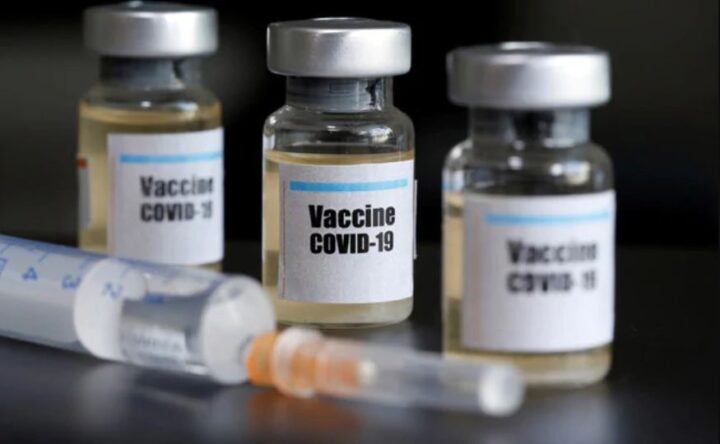Zainab Ahmed, the minister of finance, budget and national planning, says the reduction of import levy for vehicles included in the 2020 finance act is targeted at curbing inflation.
Ahmed was speaking on Wednesday at the end of the federal executive council meeting in Abuja.
The minister explained that the levy reduction is part of measures to make transportation affordable, thereby reducing the cost of foodstuff in the country.
She explained that her ministry advocated and got approval for a reduction in the import duties charged on vehicles precisely to check inflation trends.
Advertisement
“Inflation is high at 16.7 percent and we’ve seen inflation inching up gradually over the last couple of months,” Ahmed said.
“When you look at the components that constitute inflation in our country, the largest contributor is food inflation and food inflation also, if you decouple it, the largest contributor to food inflation is the cost of transport.
“We now looked at how do we reduce the cost of transport because we can’t give every Nigerian money to pay for their transportation fares.
Advertisement
“We figured that one of the good ways to do it is to increase the acquisition of mass transit vehicles and to reduce the acquisition cost of vehicles and tractors that are used for productive purposes like agriculture.
”So, once this implementation takes full effect, we are hoping that we’ll be able to see more tractors coming into the country, more mass transit buses coming to the country, reducing the cost of transportation as a result, and also having an impact on food prices.”
Speaking on the issue of rice smuggling, which had increased since the borders were reopened in 2020, Ahmed said measures have been put in place to monitor and control the situation.
“We are all concerned as an administration about the smuggling of rice into the Nigerian markets and if this is allowed to continue, it will definitely distort the local production,” she said.
Advertisement
Nigeria became Africa’s largest rice producer after the federal government, through the CBN, intervened in the sector by restricting forex for rice importation and improving access to capital using the Anchor Borrowers Programme.
The federal government also shut the land borders to check smuggling.







